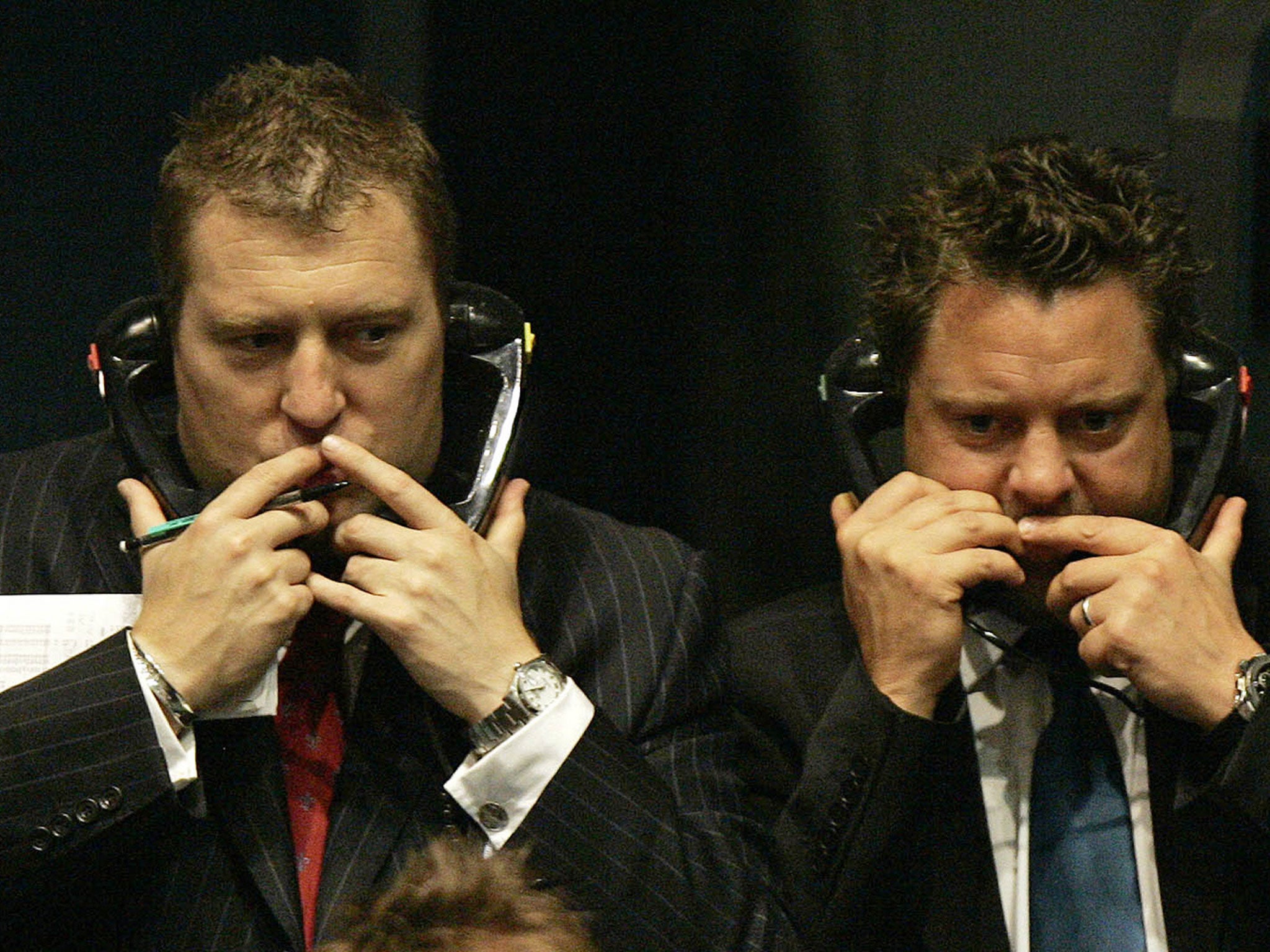London Metal Exchange is an anachronistic world long since left behind by modern markets

Your support helps us to tell the story
From reproductive rights to climate change to Big Tech, The Independent is on the ground when the story is developing. Whether it's investigating the financials of Elon Musk's pro-Trump PAC or producing our latest documentary, 'The A Word', which shines a light on the American women fighting for reproductive rights, we know how important it is to parse out the facts from the messaging.
At such a critical moment in US history, we need reporters on the ground. Your donation allows us to keep sending journalists to speak to both sides of the story.
The Independent is trusted by Americans across the entire political spectrum. And unlike many other quality news outlets, we choose not to lock Americans out of our reporting and analysis with paywalls. We believe quality journalism should be available to everyone, paid for by those who can afford it.
Your support makes all the difference.The London Metal Exchange – which sets the rules for the global aluminium trade – is one of the few modern markets to retain “open outcry” trading, in which brokers shout and gesticulate to make their buy and sell orders.
It’s a suitably anachronistic way of conducting business for a sector of the City that is steeped in history.
The first physical marketplace, the Royal Exchange, was given its regal title when it was opened by Queen Elizabeth I in 1571. Then commodity traders, ship charterers and financiers would mingle amongst each other in a general clamour.
But the rise in global trade and the emergence of Britain as the world’s most technologically advanced nation during the industrial revolution saw a soaring demand for metals.
The bourgeoning market attracted wheeler-dealers from across Europe and the floors of the Royal Exchange could no longer accommodate the growing forces of capitalism. Trading communities migrated to various coffee houses in the neighbouring City streets. A particular favourite was the Jerusalem Coffee House off Cornhill, where the tradition of “the Ring”, and open outcry trading, was born.
Those with metal to sell would draw a ring in the sawdust on the floor and call out “change” –prompting traders to gather round and haggle over prices. But the growth in the economy resulted in prices starting to fluctuate more rapidly.
The arrival of steam ships and the creation of the Suez Canal saw transit times reduced whilst the invention of the telegraph allowed merchants to sell their products at a reliable future price and safeguard themselves against losses. The system of quoting prices that arose at this time continues to the present day.
In 1877 the first London Metals Exchange was created above a hat shop in Lombard Street and moved to its current home in Leadenhall Street in 1994. It was acquired by Hong Kong Exchanges & Clearing Limited in December 2012 and trades $7.41 trillion (£4.8 trillion) worth of metal and other products annually.
Subscribe to Independent Premium to bookmark this article
Want to bookmark your favourite articles and stories to read or reference later? Start your Independent Premium subscription today.
Join our commenting forum
Join thought-provoking conversations, follow other Independent readers and see their replies
Comments